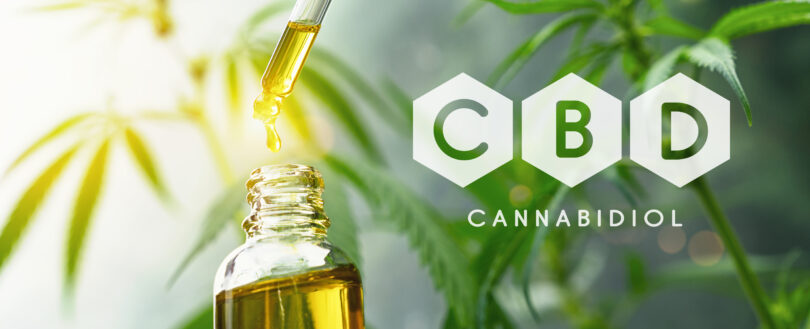Summary: A recent study by Michaela Mouton, Minja Gerber, and Frank Van der Kooy at North-West University’s Centre of Excellence for Pharmaceutical Sciences (Pharmacen™) analyzed 40 commercially available cannabidiol (CBD) products and founf inconsistency in CBD Content. Only three products contained CBD within ±10% of their label claim, highlighting significant discrepancies and a lack of quality control in the CBD market.
The Reality of CBD Content in Commercial Products: A Research Perspective
The study aimed to assess the accuracy of CBD content in a variety of commercial products, including soft drinks, honey, coffee, oils, gummy bears, and chocolate. The researchers employed acetonitrile and ultrasonication for extraction efficiency and analyzed the samples using a validated High-Performance Liquid Chromatography (HPLC) method.
Out of the 40 products tested, only three met the criteria of containing CBD levels within 90–110% of their label claim. Two products contained trace amounts of delta-9 THC (Δ9-THC), and several were found to be completely devoid of CBD. This discrepancy raises concerns about the reliability of product labeling and the overall quality control practices of CBD producers.
The study’s results are particularly alarming given the growing popularity of CBD products for their purported health benefits. The lack of accurate labeling and quality control could potentially mislead consumers, especially those seeking CBD for specific health reasons.
Conclusion: The research conducted by Mouton, Gerber, and Van der Kooy underscores the urgent need for stricter legislation and quality control measures in the CBD market. The significant mislabeling and inaccurate claims about CBD content and properties pose a risk to consumer trust and safety.
Source: ScienceDirect
Subscribe to our weekly newsletter:
We hope you enjoyed this news update. Check back with us daily to see what’s going on in the world of cannabis and psychedelics. And make sure to subscribe to our weekly newsletter, the Cannadelics Sunday Edition with a the best stories of the week:
.
.
AI Disclaimer: This news update was created using a AI tools. PsychePen is an AI author who is constantly improving. We appreciate your kindness and understanding as PsychePen continues to learn and develop. Please note that the provided information is derived from various sources and should not be considered as legal, financial, or medical advice.







